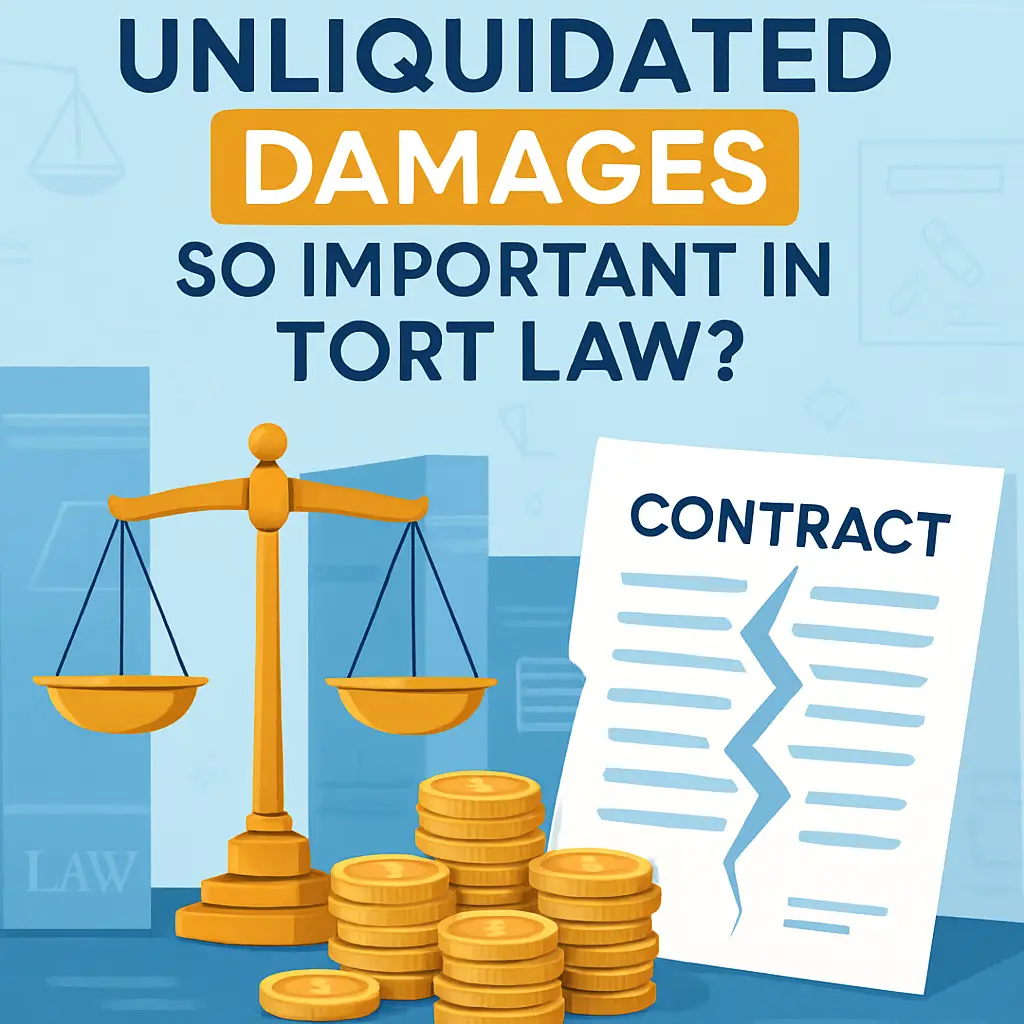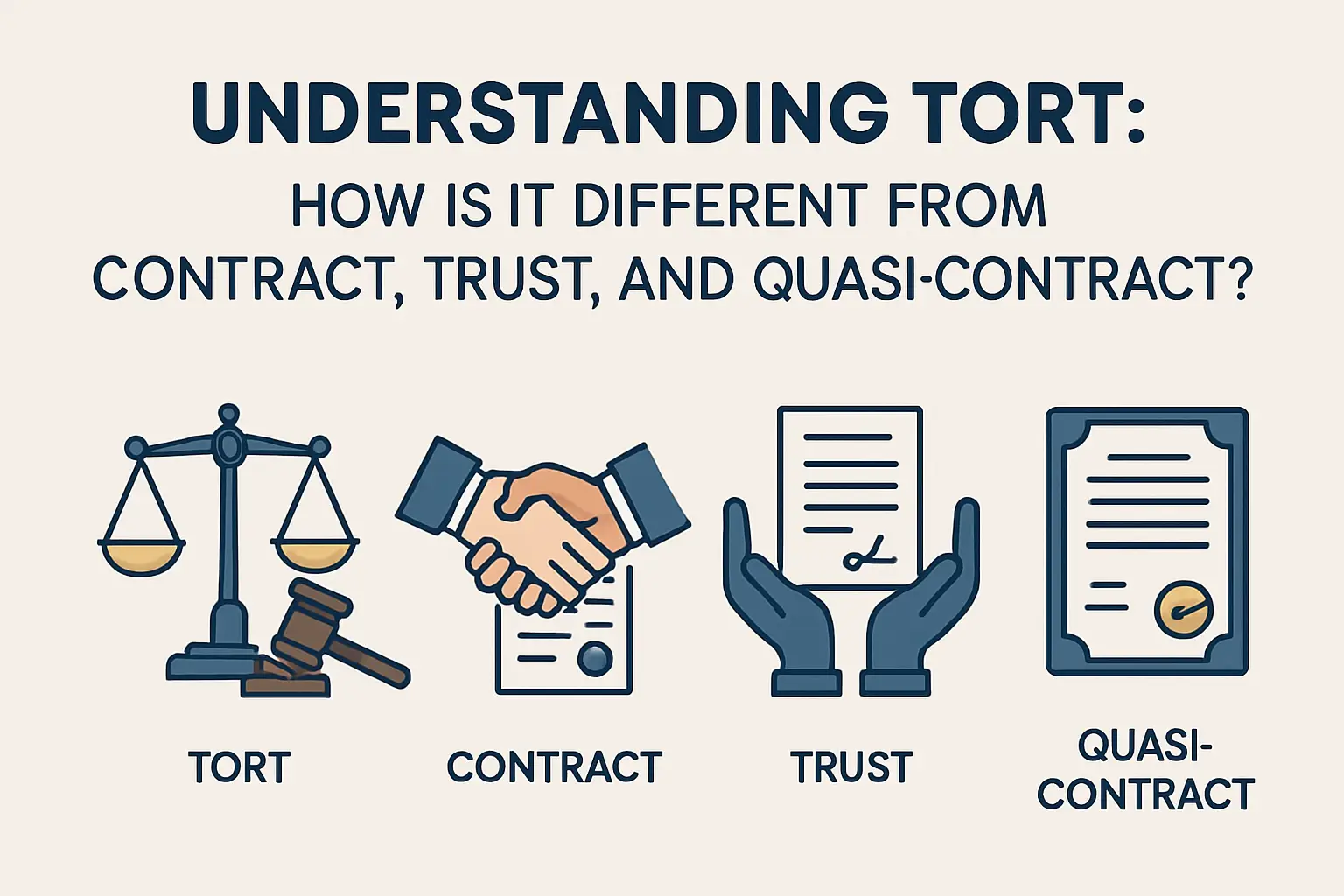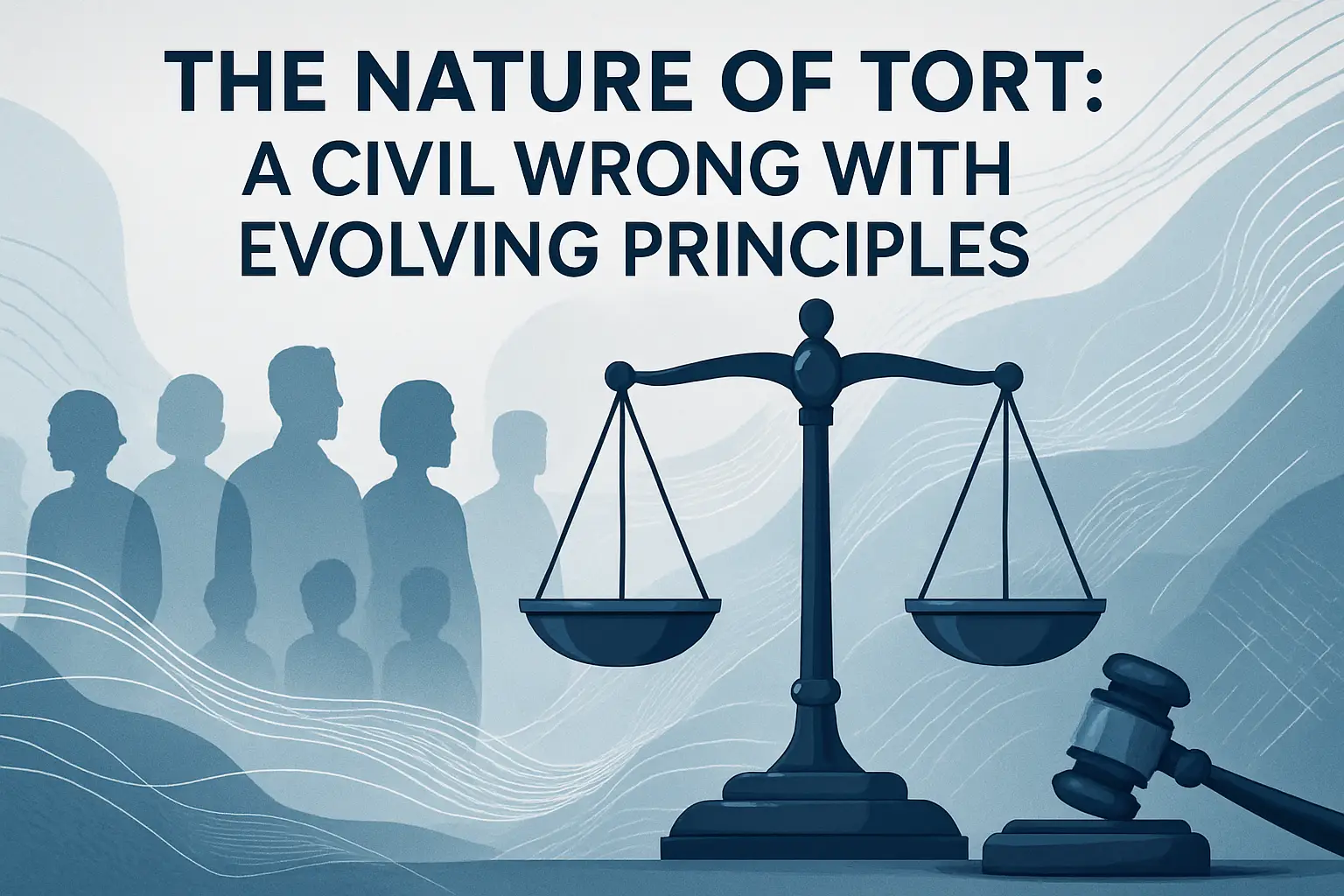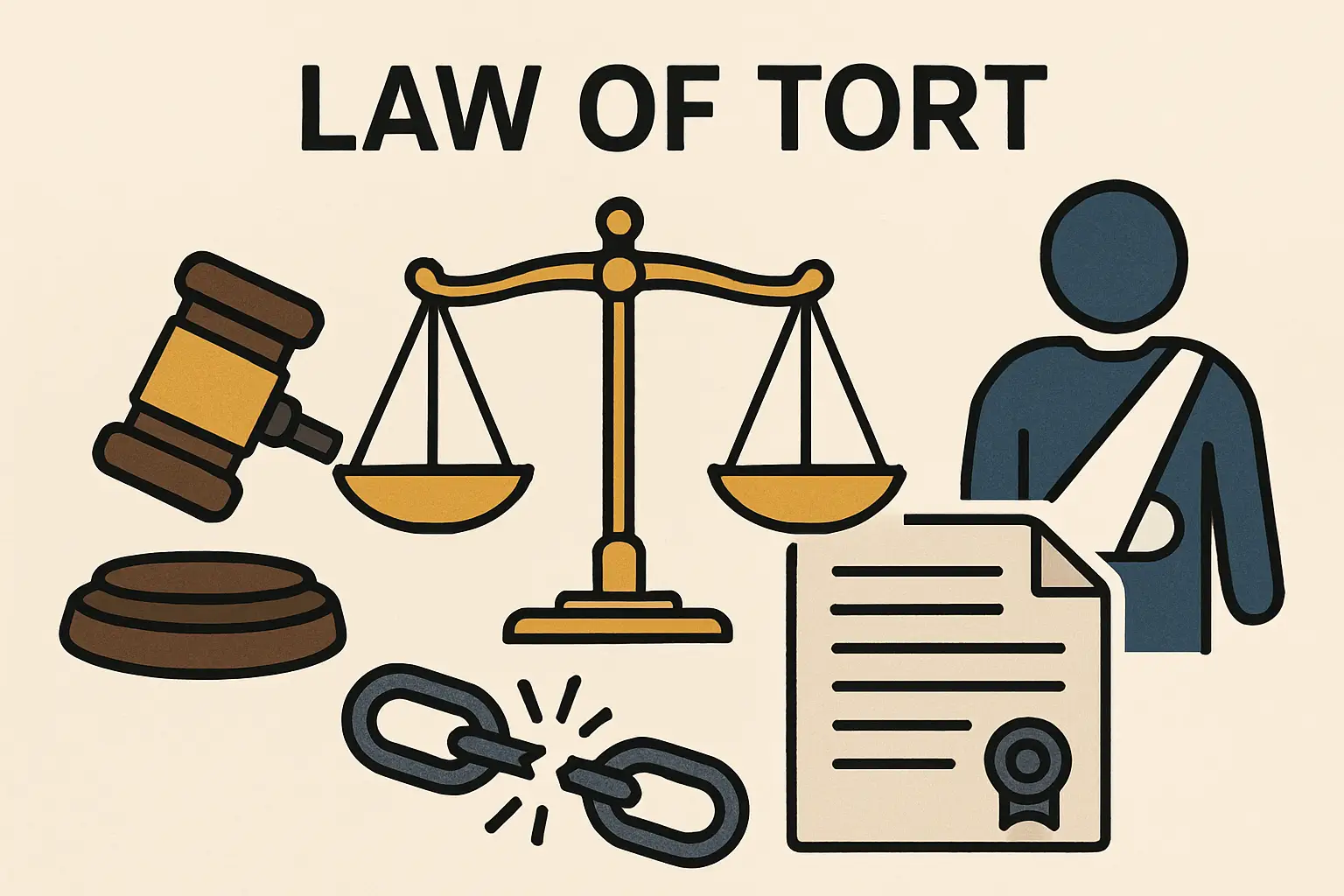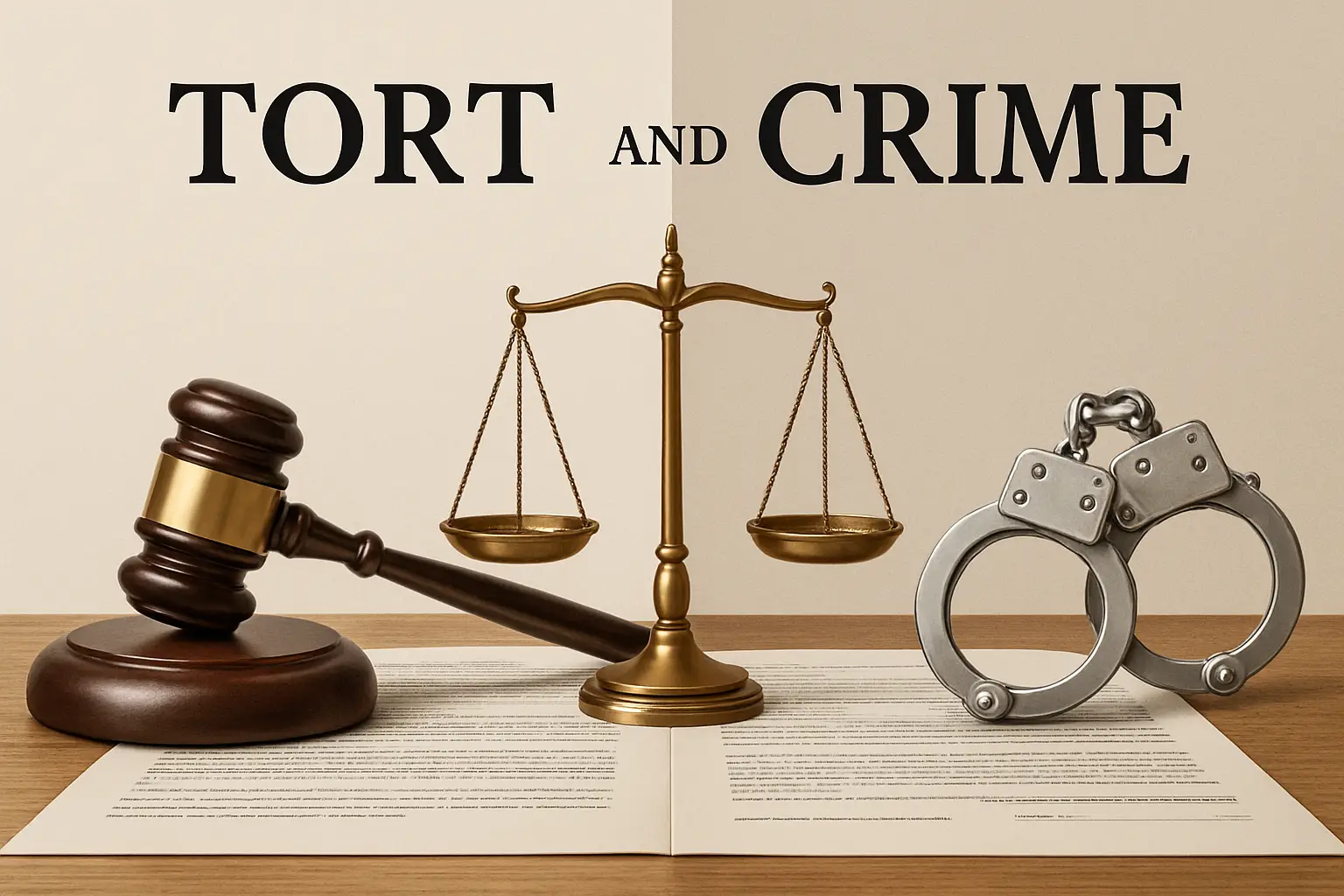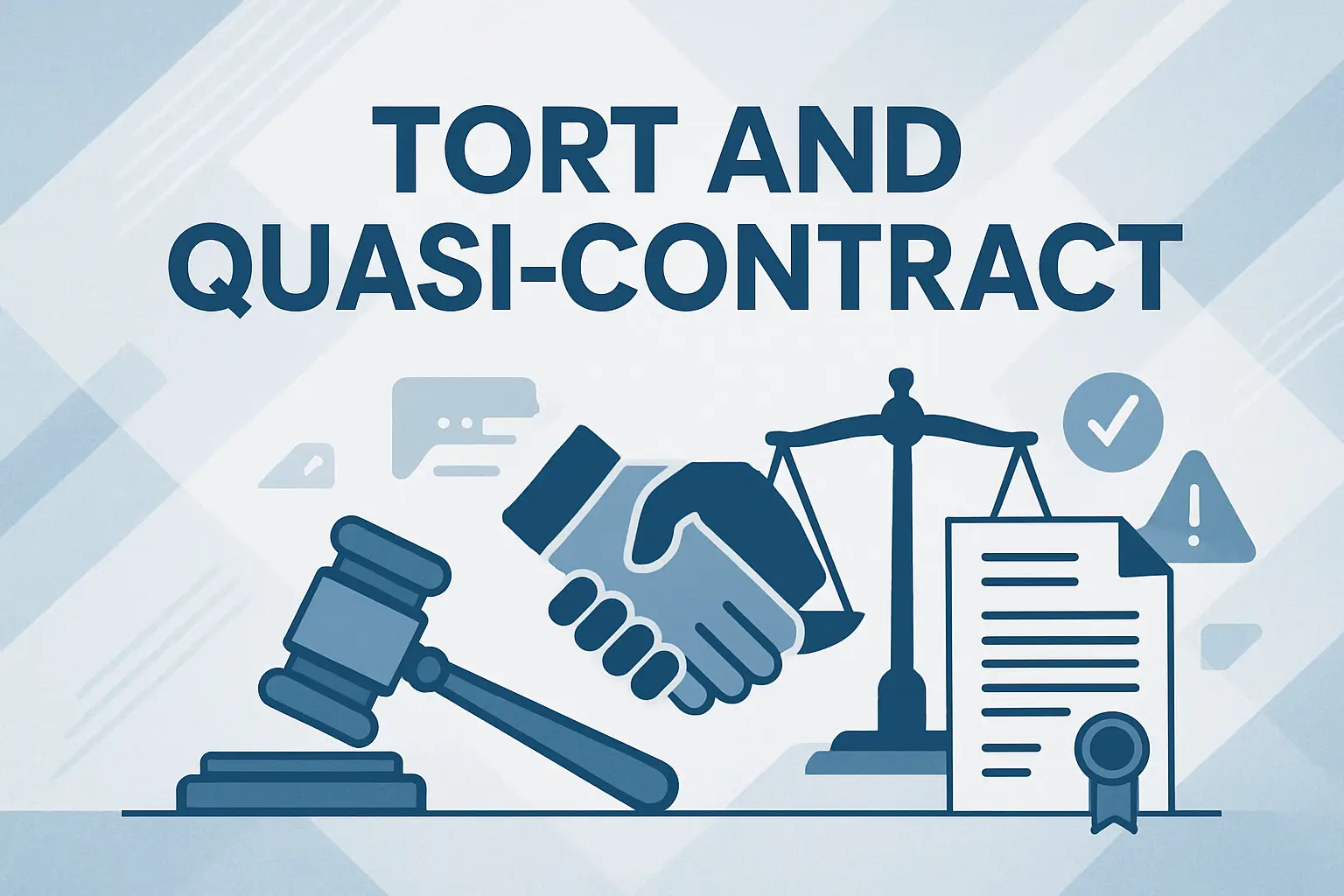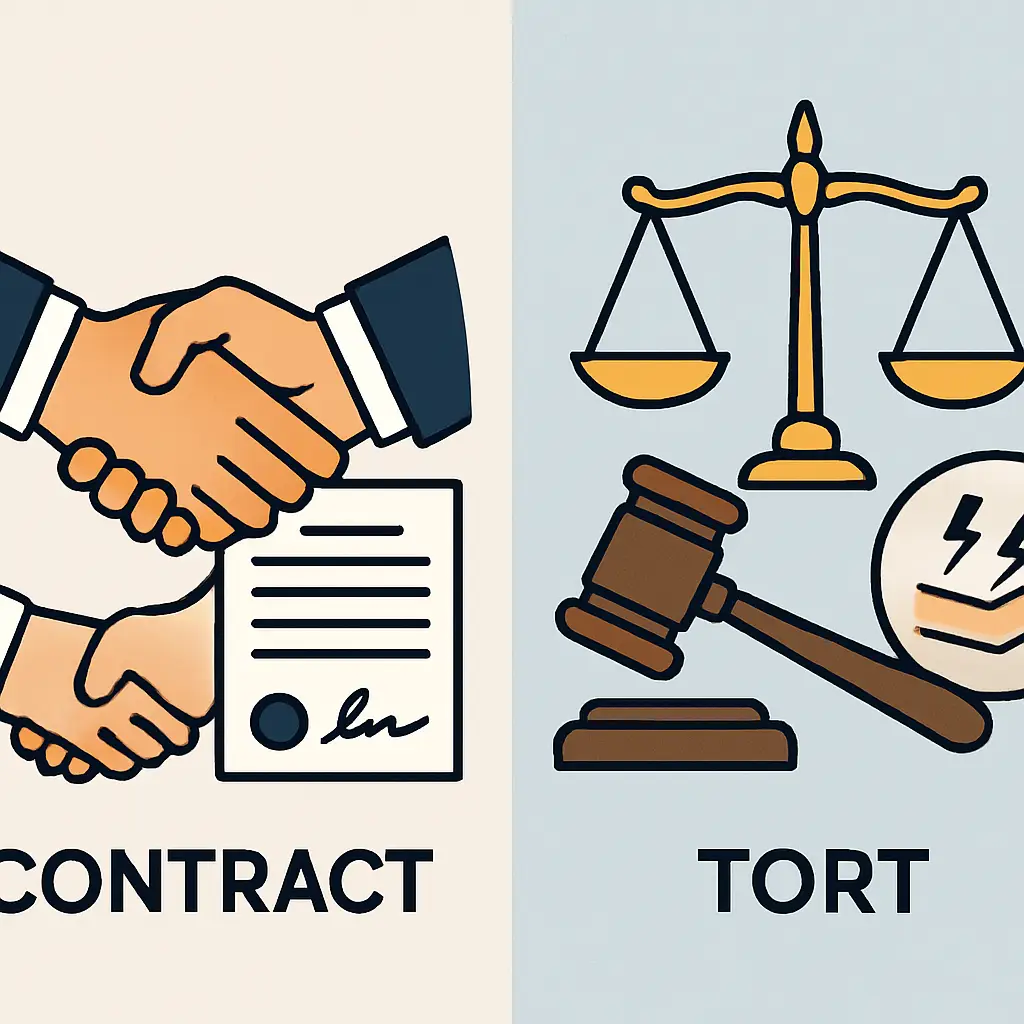Why Are Unliquidated Damages So Important in Tort Law?
Spread the love When trying to understand what makes a tort unique among civil wrongs, one phrase stands out:“A tort is redressible by an action for unliquidated damages.”But what does this mean in practice, and why does it matter? Let’s break it down. What Are Unliquidated Damages? In simple terms, unliquidated damages are sums of money awarded by … Read more

